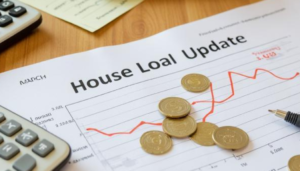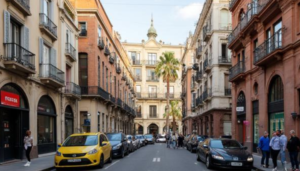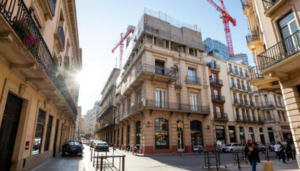In summer 2024, international buyers purchased homes 67% pricier than locals. Uncover the latest trends in Portugal’s real estate market.
In the summer of 2024, the Portugal’s real estate market witnessed a notable paradox: while the volume of property transactions conducted by international buyers has diminished, the monetary value of these acquisitions has escalated significantly. Specifically, foreign purchasers engaged in transactions that were, on average, a staggering 67% more expensive than those undertaken by their Portuguese counterparts.
This phenomenon can be attributed to several pivotal factors, most prominently the cessation of the golden visa program and the conclusion of the Non-Habitual Residents (NHR) regime, both of which have historically incentivized foreign investment in the Portugal’s real estate market. Despite Portugal’s enduring allure as a prime investment destination, the ramifications of these policy changes are becoming increasingly apparent, as evidenced by the latest data from the National Statistics Institute (INE).
According to INE, foreign nationals executed 2,655 property transactions during the summer months, reflecting a 3.1% decline compared to the previous year. However, the total financial outlay for these transactions reached an impressive €938 million, marking a 4% increase year-on-year. The average price of homes acquired by international buyers soared to €353,437, representing a 7.5% uptick from the preceding summer. This juxtaposition of declining transaction volume alongside rising property prices raises intriguing questions about the evolving landscape of foreign investment in Portugal.
A closer examination reveals that the distinctions among foreign buyers are pronounced, particularly when considering their geographic origins. Notably, individuals residing outside the European Union (EU) experienced a more pronounced contraction in their purchasing activity, with a reported 8% decrease in transactions, culminating in 1,279 sales. This decline can be largely attributed to the withdrawal of tax incentives, notably the golden visa program, which has historically attracted non-EU investors.
Conversely, buyers hailing from within the EU exhibited a slight increase in their purchasing activity, with a 2% rise leading to a total of 1,376 transactions. While both groups of foreign buyers consistently outspend their Portuguese counterparts, the average prices reveal further disparities: non-EU buyers acquired properties at an average cost of €430,005—an increase of 5.7% from the previous year—while EU residents purchased homes for an average of €282,267, reflecting a more substantial 14% increase.
The data from INE elucidates a complex narrative: while foreign buyers are engaging in fewer transactions, the properties they are acquiring are increasingly expensive, particularly for those outside the EU. This trend underscores the intricate interplay of economic factors and policy shifts that continue to shape the Portugal’s real estate market, leaving one to ponder the future trajectory of foreign investment in this picturesque Iberian nation.









